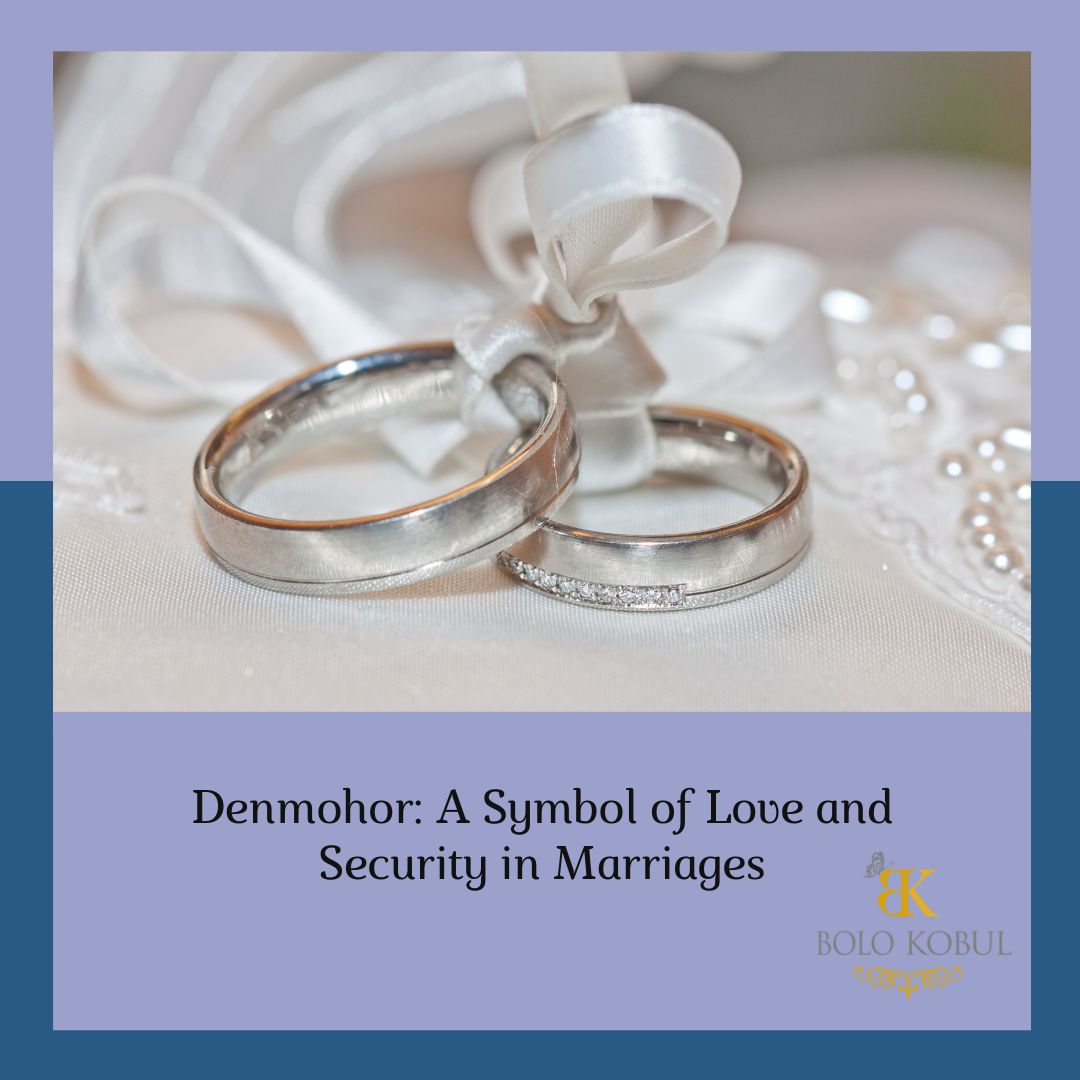Denmohor: A Symbol of Love and Security in Marriages
Denmohor, also known as "dower" or "mahr," is a significant aspect of marriage in Bangladesh, particularly in the context of Islamic marriage contracts. It refers to the amount of money or property that the groom pledges to give to the bride as a token of his commitment and financial security for her. The denmohor serves as a form of financial protection for the bride in case of divorce or widowhood. In Bangladesh, the denmohor is often negotiated and agreed upon by the families of the bride and groom before the marriage ceremony takes place. The amount of denmohor can vary depending on various factors, including the financial status of the groom and the customs of the families involved. The denmohor holds significant cultural and religious importance in Bangladeshi society, reflecting the groom's responsibility to provide for the bride and ensuring her financial well-being. It symbolizes respect for the bride and underscores the importance of fairness and equity in marriage. Cultural Significance Symbol of Respect: The denmohor symbolizes the groom's respect and appreciation for the bride and her family. By offering a denmohor, the groom acknowledges the value and worth of the bride, highlighting her importance in the marriage. Financial Security: In many Bangladeshi families, the denmohor serves as a form of financial security for the bride. It provides her with a tangible asset that she can rely on in case of unforeseen circumstances such as divorce or widowhood. This financial stability is particularly important in a society where women may have limited access to resources and economic opportunities. Family Honor: The negotiation and payment of denmohor are often seen as a matter of family honor. It reflects positively on the groom and his family, demonstrating their commitment to upholding traditional values and fulfilling their responsibilities towards the bride and her family. Religious Significance (Islamic Perspective) Fulfillment of Islamic Obligations: In Islam, the denmohor is considered an integral part of the marriage contract (nikah). It is mentioned in the Quran as a requirement for the groom to provide a gift or dowry to the bride as a symbol of his commitment and responsibility towards her. The Quran states: "And give the women [upon marriage] their [bridal] gifts graciously. But if they give up willingly to you anything of it, then take it in satisfaction and ease" (Quran 4:4). Protection of Women's Rights: Islam emphasizes the importance of protecting women's rights and ensuring their well-being within the marital relationship. The denmohor serves as a form of protection for the bride, providing her with financial security and independence. It underscores the principle of fairness and equity in marriage, ensuring that both parties are treated with respect and dignity. Spiritual Symbolism: Beyond its practical significance, the denmohor also carries spiritual symbolism in Islam. It symbolizes the groom's commitment to fulfilling his marital responsibilities and providing for his wife's needs. It is viewed as a gesture of love, generosity, and kindness towards the bride, reflecting the values of compassion and empathy taught in Islam. While the denmohor is traditionally given to the bride at the time of marriage, modern interpretations may allow for flexibility in how and when it is provided. However, regardless of the form it takes, the denmohor remains an integral part of Bangladeshi matrimonial customs, embodying the values of commitment, responsibility, and care within marriage.




